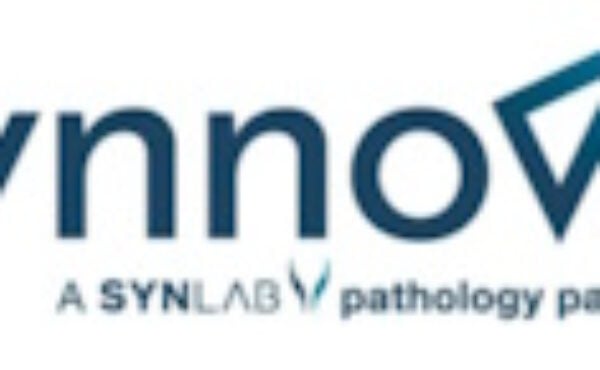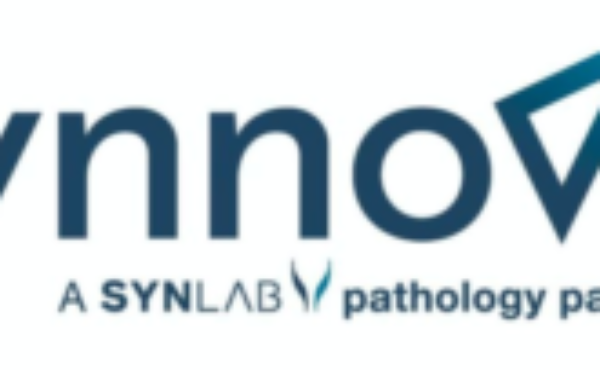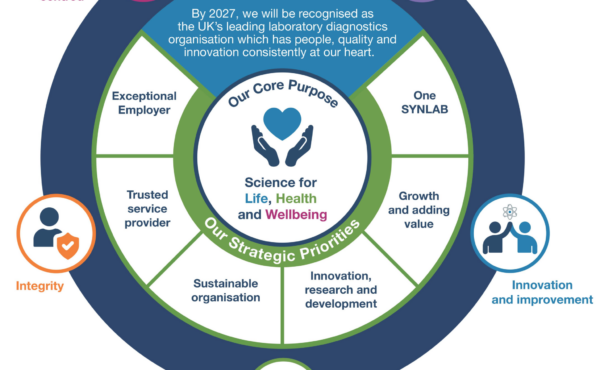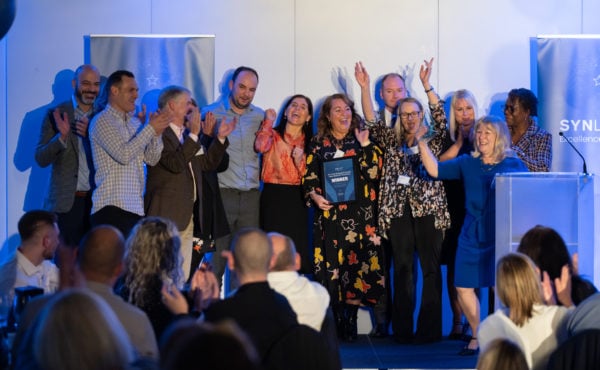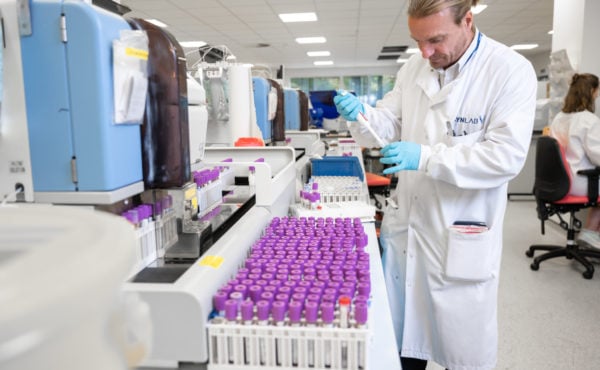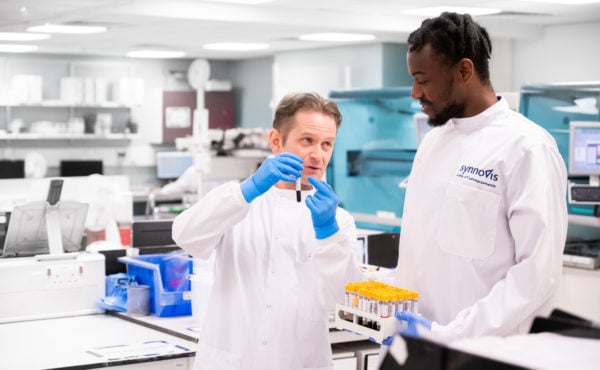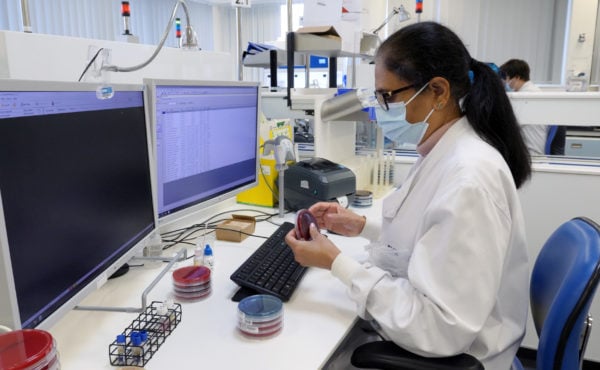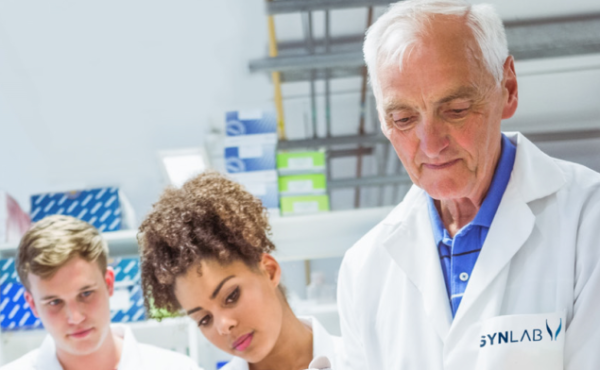Published: 13th March 2020
13 March 2020
Olivia Hendry – a Specialist Biomedical Scientist at Pathology First – describes her role and the variety she enjoys from her career in health sciences.
At school I was always good at science and though, back then, I didn’t know about Biomedical Sciences, I had interests in human biology, anatomy and cancer and knew I wanted to help people.
Today, I’m a Specialist Biomedical Scientist in cellular pathology. Cellular pathology involves studying disease in organs, tissue and cells. I know what looks normal and am able to recognise disease processes as they change the appearance of the tissue. Essentially this is what the consultant pathologists look for.
On a typical day I work with fellow Biomedical Scientists (BMS), associate practitioners and medical laboratory assistants to process the samples received and produce a microscope slide. I then usually carry out quality control processes of the slides to ensure accuracy and that our standards are high.
I see a range of biopsies including breast, skin or colon as well as resections from part of an organ. The slides are then examined under a microscope by a consultant pathologist who makes a diagnosis. Typically, we receive and turn around a sample by the next day. Once the samples for that day have been processed, I am involved in maintaining our accredited service by reviewing documents, auditing and training others.
Pathology First (PF) provides the pathology services to two acute trusts. They are Southend University Hospital NHS Foundation Trust and Basildon and Thurrock University Hospitals NHS Foundation Trust. Pathology First runs three laboratories; one is a large hub laboratory, where all the non-urgent tests are processed. The other two are called Essential Service Laboratories and are situated within each of the two acute hospitals. These labs process all the urgent tests as well as cellular pathology. Though I work across the Basildon and Southend hospital sites, I am mainly based in Basildon.
The best bit about the job is the variety. I am lucky there are a lot of jobs and tasks in my department so I’m always moving around and doing something different. One of the more tricky things is we never meet the patient behind the sample and get to see what happens next. However, I’m about to do a case study as part of my studies and I have to follow a sample right the way through the lab and back to the patient on their care pathway.
At school I studied A-Levels in Chemistry, Biology, Geography and Maths at AS Level. I graduated in 2015 with a degree in Biomedical Science from the University of Keele and in the same year started work as an Associate Practitioner for Pathology First.
Since University, Pathology First has helped me get qualified by putting me through the registration portfolio which enabled me to become a BMS. I was helped again as I studied for my specialist portfolio, allowing me to specialise in cellular pathology, but I’m not stopping yet. Currently I’m studying for a Higher Specialist Diploma which is quite tough but will help me progress up a step again and to hopefully become a team manager.
Studying whilst working isn’t too bad. You have to be disciplined to get the work done on time, but it comes with the added qualifications and responsibilities. During my registration portfolio, once a month I attended a tutorial provided by Pathology First and then spent some time doing the work to back it up. I am also supported by my training officer who helps monitor my progress and gives me regular feedback.
Whilst working here, I’ve been on secondment to the SYNLAB Transformation Team and learnt about continual improvement as we transform the working practices to give our patients an even better service. Whilst working with this larger, SYNLAB team I learnt about the parent company and know there are even more opportunities for development.

